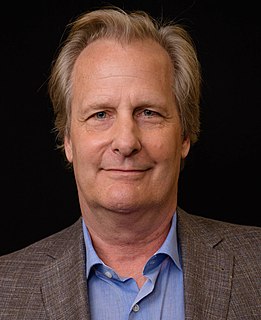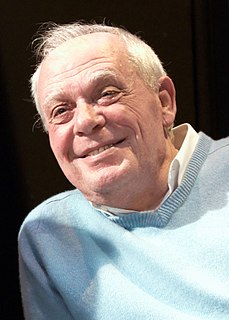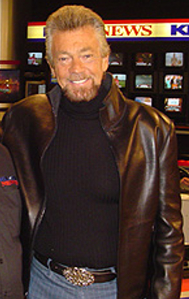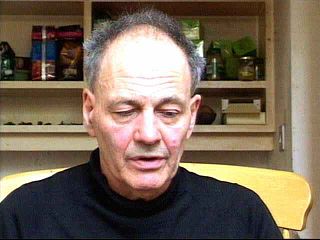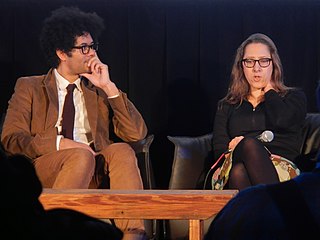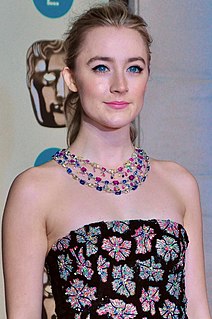A Quote by Jeff Daniels
There are so many projects that you go into hoping the story works, and here comes a new third act and that kind of thing.
Related Quotes
I enjoy a third act, and I like stories with ending. A lot of my frustration with serialized storytelling is a lot of shows don't have a third act. They have an endless second act, and then they find out it's their last year and often have to hustle to invent a third act, but they were never necessarily organically meaning to begin with.
Our ignorance of the cosmos is too vast to commit to atheism, and yet we know too much to commit to a particular religion. A third position, agnosticism, is often an uninteresting stance in which a person simply questions whether his traditional religious story (say, a man with a beard on a cloud) is true or not true. But with Possibilianism I’m hoping to define a new position - one that emphasizes the exploration of new, unconsidered possibilities. Possibilianism is comfortable holding multiple ideas in mind; it is not interested in committing to any particular story.
With certain projects, there are delays, and with others, things come together very quickly. It can be frustrating but it's not uncommon, and you just have to keep a lot of things juggling and hoping all of these projects will go when all the pieces fall into place. You just have to be ready for whatever catches fire.
And that's one thing that helps me is I learn it blandly, vanilla, then I don't try to act it too soon because you start to act it, and you kind of go away from what the next sentence is, what the next paragraph is. So get it down so it kind of can - it's in there so you can then, as I call it, dance on top of it.
